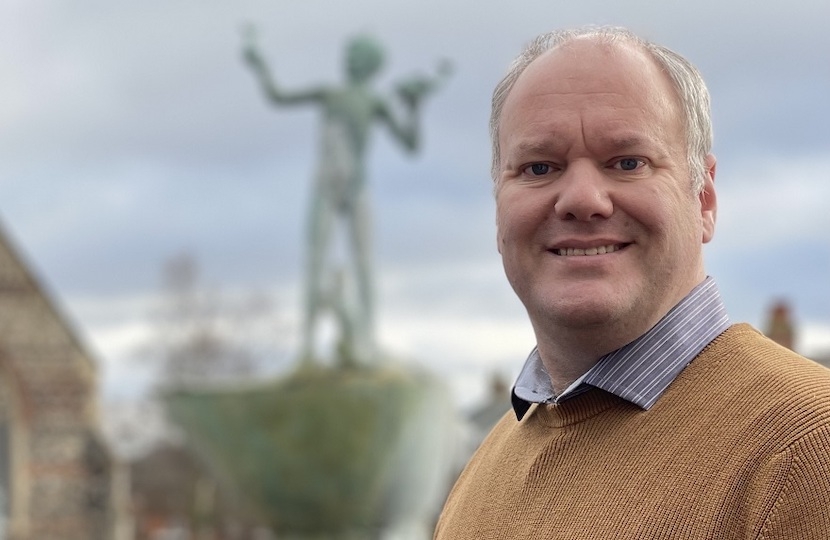
People pressure wins the day.
During the Manor Street regeneration in Braintree, now called Victoria Square, a block of well-used public toilets serving those waiting at the bus interchange, as well as passers-by and residents alike, were demolished to make way for a major development including car parking, retail units, a medical centre, a hotel and apartments. The plans for a revamped bus station relocated beside this did not initially include provision for any replacement toilets.
This is a repeating pattern across the country, with many councils removing the public facilities without any intentions of replacing them. Vandalism, spiralling costs, and the constant need for inspections are discouraging the provision of these. The global shift to becoming environmentally aware, caused in the main by climate change, isn’t being upheld in these cases: the provision of public toilets at bus and rail interchanges is vital if we, as a country, are to encourage more people to travel on public transport. It must be as comfortable as possible. Not doing so thus defeats the object to reduce the reliance on the private car as the preferred means of transport.
As ward member for the area, Andrew was contacted by residents, keen to point out this flaw in the plans. Although not overlooked, it was deemed appropriate not to replace these facilities with claims that over twenty publicly accessible toilets existed within a quarter of a mile. As a disabled person himself, Andrew appreciated the need to know where the nearest conveniences are during a journey. When you've got to go, you've got to go. Finding an unfamiliar establishment and then searching for its facilities could put too much of a strain on things. Andrew was therefore not going to sit down on this job!
Although accepting that those in other establishments were indeed available to use, concerns were raised about their availability, and the necessity to enter certain types of premises that some may not be comfortable with. The desire to uphold ideal standards across all participating outlets under the Council's proposed proved too difficult with some tailoring their facilities to their patrons. The common scheme was dropped and relied instead on the spirit of what it was trying to achieve. Of course, during the current pandemic, most of these outlets are closed. Although the development is not yet complete and the new facilities are unavailable, who knows what the world will look like once lockdown is finally over. Will any of these establishments, previously proposed, survive or will they be forever confined to the history books? A public provision, which will be there regardless, will guarantee availability beside the facility which will provide the most patrons.
These concerns were raised by Andrew at every opportunity with debates beginning prior to the work starting and he kept the pressure on during each progress meeting. This was not a battle that he was willing to loo-se.
Last week it was finally confirmed, when revised plans were passed at Planning Committee, that there had been a step in the right direction: half of one retail unit is now to be transformed into public toilets, partially replacing those lost to the development. Whilst not as many facilities that were previously on this site, this was a welcome change nonetheless. It was also confirmed that timings will be the same as the old facilities and that there would be no charge for their use.
He also raised the question of preserving the history of the original building, opened in 1932, and wanted to see the stone rescued prior to demolition. This is now being held by Braintree Museum, among other items, including bricks which had been marked by the many American service personnel passing through on their way to the nearby base.

